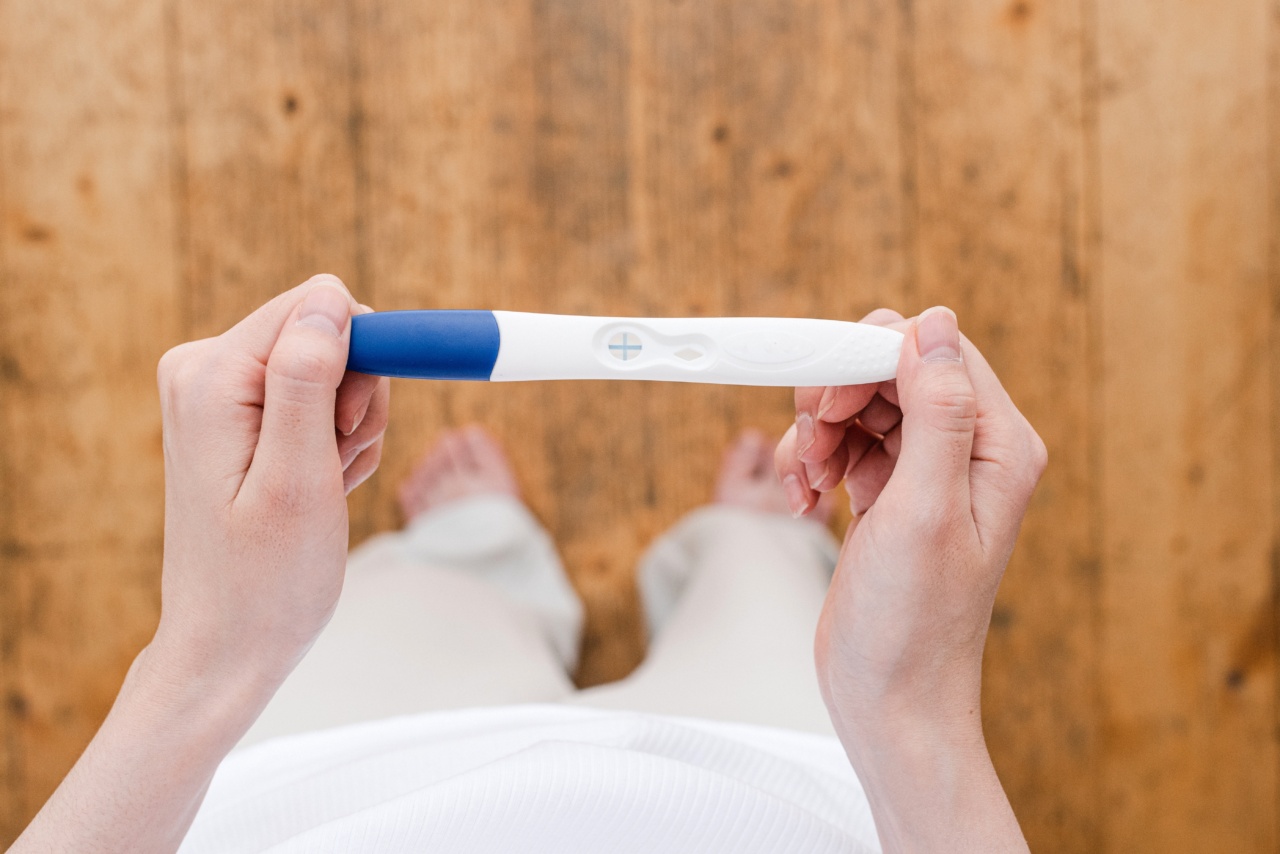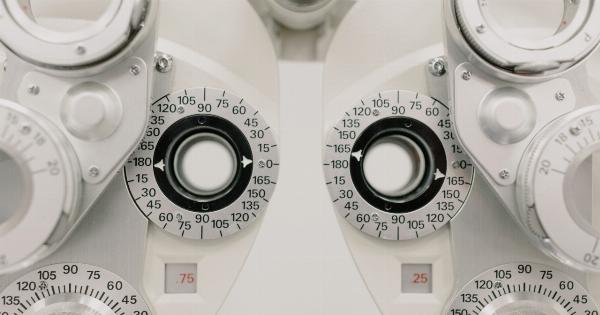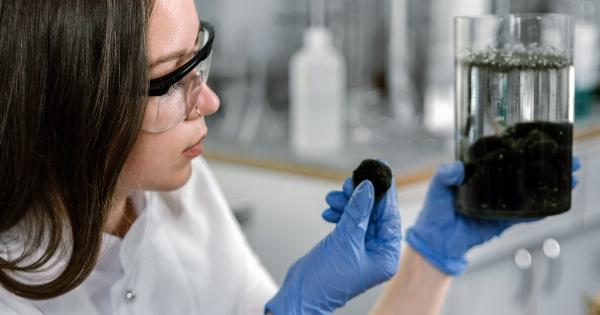Home pregnancy tests are popular among women who want to confirm their pregnancy without going to the doctor’s office. These tests provide a way to confirm pregnancy in the privacy of one’s own home.
But, are they accurate? In this article, we will discuss the accuracy of home pregnancy tests and what factors can affect their reliability.
How do home pregnancy tests work?
Home pregnancy tests work by detecting the presence of human chorionic gonadotropin (hCG) in a woman’s urine. hCG is a hormone that is produced by the placenta after fertilization occurs.
Home pregnancy tests are designed to be easy to use and most tests produce results within minutes.
Are home pregnancy tests accurate?
Home pregnancy tests are generally accurate, but there are a few factors that can affect their reliability. One of the biggest factors is timing. It is important to wait until you have missed a period before taking a home pregnancy test.
If you take a test too early, the levels of hCG in your urine may not be high enough to produce a positive result.
Another factor that can affect the accuracy of a home pregnancy test is improper use. It is important to carefully read and follow the instructions provided with the test. If the test is not used correctly, it may produce an inaccurate result.
Additionally, expired tests or tests that have been stored improperly may also produce inaccurate results.
False positives
One of the most concerning aspects of home pregnancy tests is the possibility of a false positive. A false positive is when a test indicates that a woman is pregnant when she is not. There are a few reasons why a false positive may occur, including:.
- Chemical pregnancy: A chemical pregnancy is a very early miscarriage that occurs before the pregnancy can be detected on an ultrasound. In some cases, a home pregnancy test may detect the small amount of hCG that is present during a chemical pregnancy, leading to a false positive result.
- Fertility drugs: Some fertility drugs contain hCG, which can lead to a false positive result on a home pregnancy test.
- Medical conditions: Certain medical conditions, such as ovarian cysts or uterine fibroids, can produce hCG and lead to a false positive result on a pregnancy test.
False negatives
Another concern with home pregnancy tests is the possibility of a false negative. A false negative is when a test indicates that a woman is not pregnant when she actually is. There are a few reasons why a false negative may occur, including:.
- Testing too early: If you take a pregnancy test too early, it may produce a false negative result. It is important to wait until you have missed a period before taking a pregnancy test.
- Diluted urine: If you drink too much water before taking a pregnancy test, it may dilute the hCG in your urine and produce a false negative result.
- Expired or defective test: An expired or defective pregnancy test may produce a false negative result.
Conclusion
Overall, home pregnancy tests are generally accurate when used correctly and at the right time. However, there are a few factors that can affect their reliability, including timing, improper use, and expired tests.
It is important to carefully follow the instructions provided with the test and to wait until you have missed a period before taking a pregnancy test. If you are concerned about the accuracy of a home pregnancy test, it is always best to consult with your healthcare provider.



























